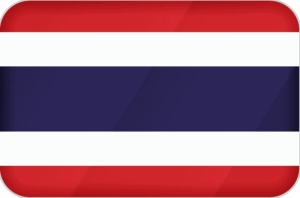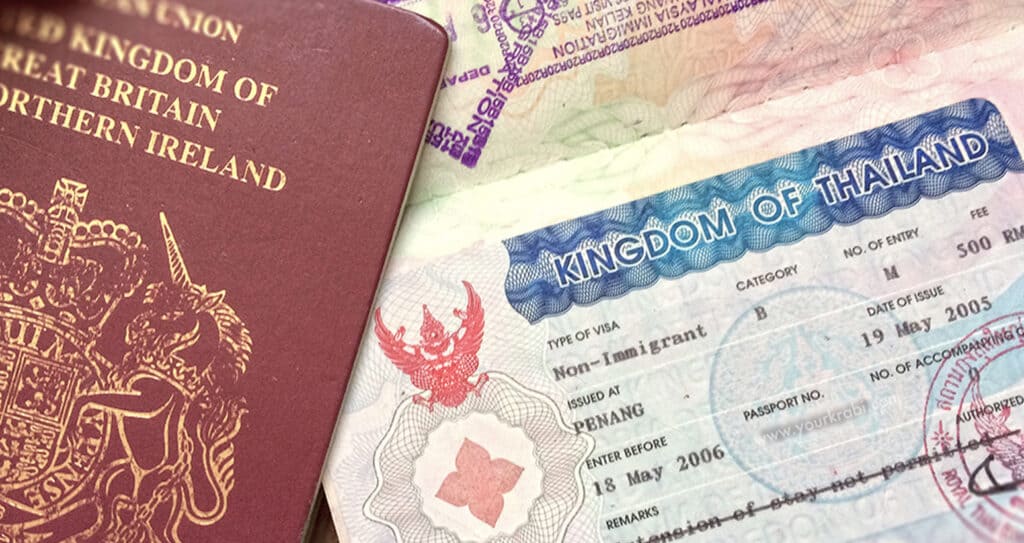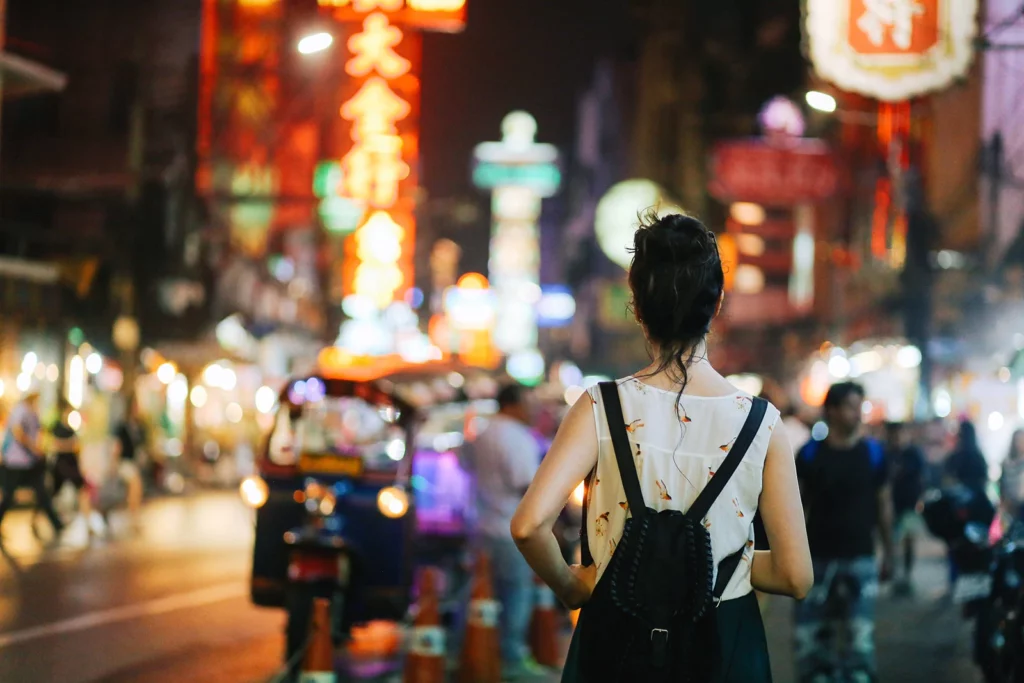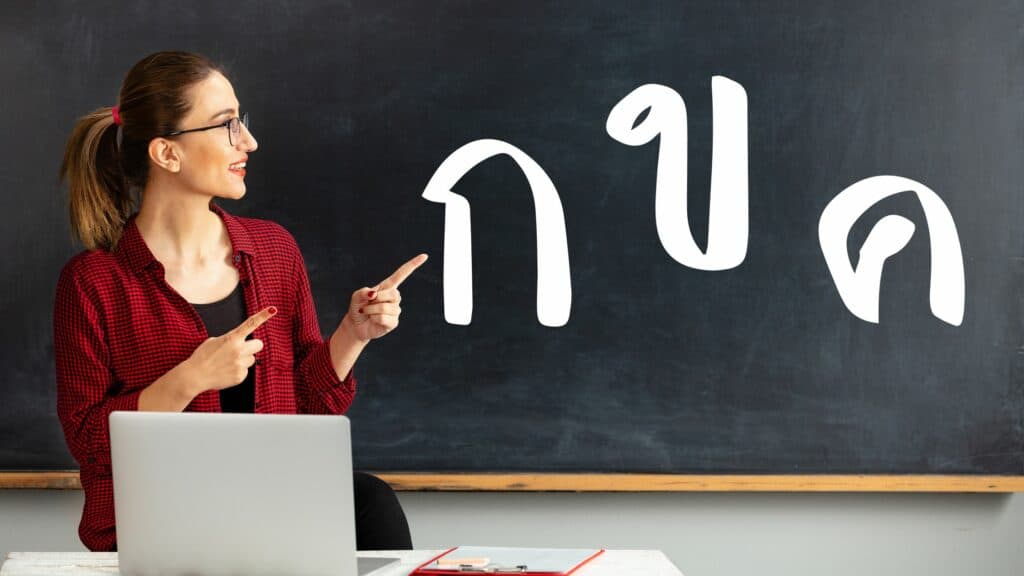Are you planning a trip to Thailand? Make sure that your holiday is as enjoyable and stress-free as possible by learning about the country’s etiquette. From greeting people properly, to understanding dress codes and respecting religious beliefs, thailand etiquette plays an important role in Thai culture. Knowing what is expected of visitors will help ensure that your time spent in this beautiful country is filled with wonderful experiences rather than awkward moments! So read on for our guide to essential thailand etiquette before embarking on your journey.
Greetings
Greetings in Thailand are a bit different than those you may be used to. The traditional Thai greeting is called the wai, and it involves pressing your palms together at chest level while bowing slightly. This gesture can be used when meeting someone for the first time or when saying goodbye. It is also appropriate to use the wai as a sign of respect towards elders, monks, and other people in positions of authority.
When performing the wai, it is important to remember that there are certain rules regarding who should initiate it first. Generally speaking, if you are younger than the person you’re greeting then you should perform the wai first; however if they are older or have more status then they will usually initiate it instead. Additionally, if two people of equal age meet each other then either one can go ahead with the gesture depending on who feels more comfortable doing so.
The amount of pressure applied during a wai varies depending on how much respect is being shown towards another person; typically speaking though, lighter pressure indicates politeness while stronger pressure implies greater reverence or admiration for them. When addressing an elder or monk though heavier pressure should always be used regardless of their age difference since this shows extra deference towards them as well as gratitude for any advice they may offer up later on down the line.
It is also worth noting that body language plays an important role in conveying respect too; when performing a wai, make sure to keep your eyes lowered and maintain good posture throughout – standing tall with your shoulders back and chin up. This will show that you mean what you say even without having to say anything else out loud at all.
Greeting others with respect is an important part of Thai culture, so be sure to take the time to learn proper greetings before you travel.
Dress Code
Dress code in Thailand is generally quite conservative. Although the country is known for its tropical climate and beach-friendly atmosphere, it’s important to be mindful of cultural expectations when dressing.
In general, men should wear collared shirts and trousers or long shorts that reach at least mid-thigh. Shirts should not have offensive logos or images on them. Flip flops are acceptable footwear but sandals with socks are frowned upon. Hats are usually not necessary unless you’re visiting a temple or other religious site where they may be required as part of the dress code.
Women should also wear clothing that covers their shoulders and knees when out in public places such as markets, temples, restaurants etc., although tank tops and shorts can be worn on beaches if appropriate swimwear is worn underneath them (i.e no bikinis). When visiting temples, women must cover their heads with a scarf or hat; sleeveless shirts are also prohibited here too so make sure to bring something light but covering your arms just in case!
It is important to remember that, while there is no official dress code enforced by law in Thailand, being respectful of local customs will help ensure a more pleasant experience for everyone involved – both locals and tourists alike. Respectful behavior can go a long way towards creating an enjoyable atmosphere for all.
When in Thailand, it is important to be aware of the local dress code and follow appropriate clothing etiquette.
Public Behavior
Public behavior is an important part of visiting Thailand. Respect for personal space and avoiding loud or disruptive behavior in public places are essential to ensure a pleasant experience for everyone.
When out and about, it’s important to be mindful of your surroundings and the people around you. Avoid being too loud or intrusive when speaking with others, as this can be seen as disrespectful. Refrain from engaging in any physical contact with strangers unless they initiate it first. It’s also best not to take pictures without asking permission first, especially if someone else is in the frame.
In general, Thai culture values politeness and courtesy above all else; therefore visitors should always try their best to act accordingly while in public spaces such as restaurants, stores, markets etc.. This means using polite language when addressing locals (even if you don’t understand each other) and refraining from pointing fingers at anyone or anything – instead use an open palm gesture which is considered more respectful.
It’s also worth noting that some forms of dress may be deemed inappropriate by local customs so visitors should research what type of clothing would be most appropriate before heading out into public areas – particularly temples where modest attire must be worn at all times! In addition, shoes must always be removed before entering a temple building – even if there isn’t a sign indicating this rule – so make sure you wear socks or sandals that can easily slip on/off when needed!
Finally, remember that Thai people tend to keep their voices low when talking indoors; therefore, try not to raise yours unnecessarily. This will help create a peaceful atmosphere wherever you go
It is important to remember that respect and politeness are key when it comes to public behavior in Thailand, so be mindful of your actions while you explore this beautiful country.
Religion
Religion in Thailand is an important part of the culture and daily life. The majority of people in Thailand are Buddhist, with some smaller minorities practicing Islam, Christianity, Hinduism and other religions.
Buddhism: Buddhism is the most widely practiced religion in Thailand. It has been present since the 14th century and continues to be a major influence on Thai society today. Buddhists believe that all living things have souls which can be reincarnated after death into another form of life or even as a human being again. This belief system encourages respect for all living things and kindness towards others regardless of their religious beliefs or social status. To show respect when visiting temples or other religious sites, it is important to dress modestly (no shorts) and take off your shoes before entering any building associated with Buddhism.
Islam: There are also small communities of Muslims throughout Thailand who practice Islam as their main religion. These communities tend to live mainly in rural areas near the border with Malaysia where there has been a long history of Islamic presence dating back centuries ago when Muslim traders first arrived from India and Arabia by sea routes through Southeast Asia. As such, visitors should always remember to show respect for these places by dressing appropriately (covering arms/legs) and not eating pork products while inside mosques or homes belonging to Muslim families if invited over for dinner etc..
Christianity: Christianity was introduced during colonial times but remains relatively uncommon compared to Buddhism or Islam; however there are still many churches located throughout Bangkok as well as smaller towns around the country catering mainly to expats from Europe/America etc.. When visiting Christian sites such as churches it’s important not only to dress modestly but also refrain from taking photos unless given permission beforehand by staff members at each location – this includes selfies!
Hinduism has been present in parts of Southern Thailand since ancient times, largely due to its close proximity with neighboring countries such as India and Sri Lanka which both have strong historical ties to this faith tradition. Visitors should always keep this in mind when exploring these regions, especially if they plan on attending any ceremonies related to Hindu rituals or festivals. Respectful behavior includes refraining from wearing bright colors (red/orange), avoiding loud music playing near temples or shrines, and avoiding physical contact between opposite genders whenever possible; even shaking hands could be considered offensive depending upon the context.
Religion is an important part of Thai culture, and it’s important to respect the beliefs of locals when travelling.
FAQs
What is considered rude in Thailand?
In Thailand, it is considered rude to point with your feet or show the soles of your feet. It is also impolite to touch someone’s head as this is seen as a sign of disrespect. Additionally, public displays of affection are frowned upon and should be avoided in most places. Furthermore, when visiting temples or religious sites, visitors should dress modestly and remove their shoes before entering. Finally, loud behavior and swearing are generally not tolerated in public spaces. Respect for local customs and traditions will help ensure that you have an enjoyable holiday experience in Thailand!
What is considered most respectful in Thailand culture?
Thailand is a country with a rich culture and traditions that should be respected. It is important to dress modestly, especially when visiting temples or other religious sites. Respectful behavior includes not touching people on the head, speaking softly, and avoiding public displays of affection. Additionally, it is polite to greet people with the traditional “wai” gesture which involves pressing your palms together in front of your chest while bowing slightly. Lastly, it is important to show respect for the monarchy by refraining from making negative comments about them or their family members.
Is thumbs up rude in Thailand?
No, thumbs up is not considered rude in Thailand. It is a gesture of approval and agreement that is widely accepted throughout the country. Thumbs up can be used to show appreciation or as an expression of encouragement. However, it should still be used with caution as some people may interpret it differently depending on their cultural background.
Conclusion
It is important to be mindful of Thailand etiquette when visiting the country. Whether it’s learning how to greet people properly, dressing appropriately for certain occasions, or being respectful of religious beliefs and practices, understanding the culture and customs will make your trip much more enjoyable. By following these simple guidelines you can ensure that your holiday in Thailand is a pleasant one.





1 comment
Вадим Суліковський
Приказ по Самутпраканскому гусарскому полку, Крунгтхеп, 20 августа 1807 года, номер 372.
По случаю назначенного сего числа у тайского принца Саттаманги бала и приглашения на таковой всех штаб- и обер-офицеров вверенного мне полка предписываю принять к руководству и непременному исполнению следующее:
Прибыв на бал, осмотреть исправность своей амуниции, дабы не было видно сквозь прорезы в соблазнительных местах голое тело.
Пришедши в покои, не сморкать на пол, а иметь для того цельные платки.
По стенам покоев похабных надписей не делать и соблазнительных членов человеческого тела не рисовать.
Когда явятся тайские женщины, вести себя как можно скромней. Жопой к лицу дам не поворачиваться, при разговорах с красивыми тайками рук в карманах панталонов не держать и членов не наяривать.
Во время танцев и контрдансов ног своим дамам не подставлять, чтобы падали, к себе на колени не сажать и за жопы дам не щупать.
В буфетах до пьяна не напиваться, по углам комнат комнат не плевать и пальцами не высмаркиваться.
Во время ужина за столом поганных слов не произносить и под столом соседним дамам членов в руки не класть.
После ужина на балкон срать не выходить, а отправляться для этого в отхожие места.
При прощании с дамами делать трижды поклон на тайский манер и вообще вести себя на время бала прилично, яко подобает образованному тайскому офицеру.
Подписал командир полка полковник Сирипхон
(Подлинник в Крунгтхепский Архив).